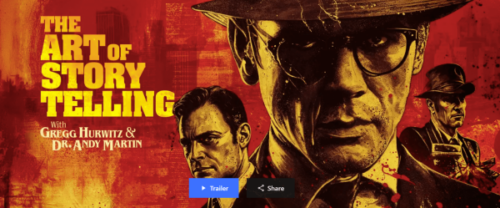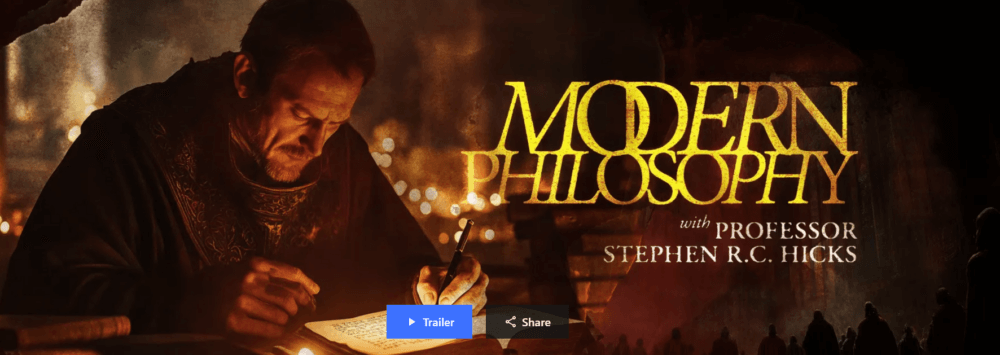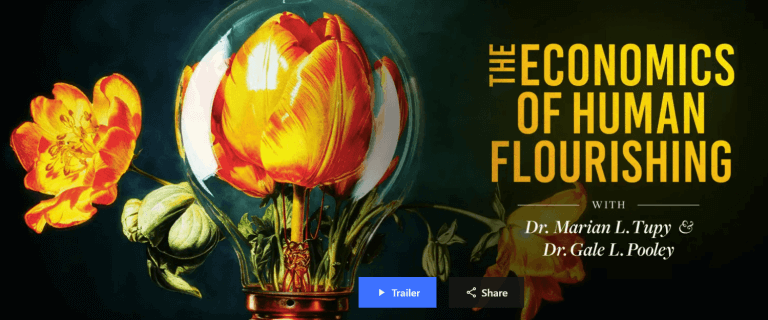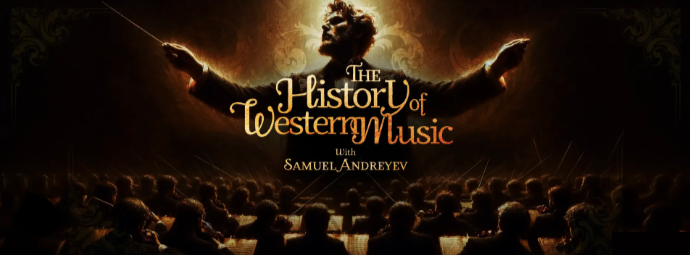Peterson Academy – Gregg Hurwitz – The Art of Storytelling

Gregg Hurwitz
Author
Dr. Andy Martin
Author
In The Art of Storytelling, a seven-hour course, Gregg Hurwitz and Dr. Andy Martin explore the art and craft of storytelling, investigating its mythological roots, archetypal structures, and the intimate relationship between writer and reader. They discuss the importance of pursuing one’s passions, learning from failure, and drawing inspiration from personal experiences when crafting compelling narratives across various mediums, including novels and screenplays. The course examines the concept of mimesis, the interplay between death, psychology, and fiction, and techniques for writing suspenseful stories while navigating cultural sensitivities and the potential impact of AI on the future of storytelling.
Lectures
1. Mythology and Passion
In our first lecture, Gregg Hurwitz and Dr. Andy Martin delve into the art of storytelling, exploring its mythological roots, archetypal structures, and the intimate relationship between writer and reader. They discuss the importance of pursuing one’s passions, learning from failure, and drawing inspiration from personal experiences when crafting compelling narratives. Hurwitz shares insights into his creative process, the development of his iconic character from Orphan X, and the delicate balance between adhering to genre conventions and subverting them to create something unique.
2. Crafting Stories
In lecture two, Gregg gives us insight into the craft of writing novels and screenplays, discussing the importance of taking oneself seriously as a writer, excavating beneath the surface to understand characters’ motivations, and allowing for collaboration and adaptation when working in different mediums. Our instructors emphasize the need to maximize the unique strengths of each storytelling format and to respect the audience’s sophistication while avoiding pandering or propaganda.
3. Mimesis in Fiction
In lecture three, we explore the concept of mimesis in the novel, exploring how writers strive to create a sense of reality while still engaging readers through carefully crafted narratives. The discussion touches on the importance of research, character development, and the balance between realism and storytelling, emphasizing the need for writers to immerse themselves in the worlds they create while maintaining the freedom to shape their stories.
4. Compelling Fiction
In lecture four, we discuss the complex interplay between death, psychology, and the craft of writing compelling fiction. The conversation touches on the necessity of death in storytelling, the influence of psychology on character development, and the challenges of navigating cultural sensitivities while remaining true to the story. The lecture also explores the parallels between the language of persuasion in advertising and the process of uncovering authentic characters in fiction writing.
5. Suspenseful Writing
In lecture five, we analyze the craft of writing suspenseful fiction, outlining techniques for hooking readers, building momentum, and delivering satisfying twists. Gregg Hurwitz shares insights on crafting compelling openings, modulating narrative distance, and strategically revealing information to maintain reader engagement. The lecture concludes with a discussion of the role of twists in storytelling, emphasizing their varied forms and the importance of emotional resonance beyond mere plot surprises.
6. Narrative Mastery
In our sixth and final lecture, Gregg Hurwitz and Dr. Andy Martin engage in a wide-ranging discussion about the craft of writing, focusing on Hurwitz’s approach to storytelling, character development, and the creative process. They explore topics such as the importance of compelling characters, balancing plot and character, and the role of humor in thrillers. Hurwitz also shares his thoughts on navigating sensitive cultural issues in writing and the potential impact of AI on the future of storytelling. We conclude the course by emphasizing the importance of community and shared narratives in storytelling.















Reviews
There are no reviews yet.